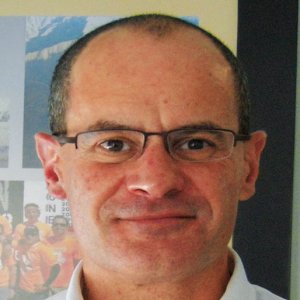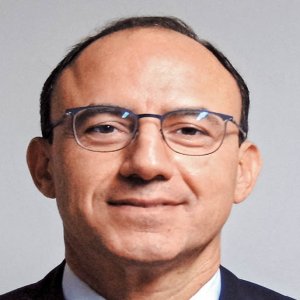Biotechnology Designed to Meet Local Needs

STORY INLINE POST
Q: How is Sanofi and its biotechnology addressing Mexico’s main health concerns?
A: We are redefining treatment for cardiovascular diseases. Sanofi was the first company in Mexico to launch a monoclonal antibody for controlling LDLC, a solution that revolutionized the industry. The monoclonal antibody inhibits a protein called PCSK9, which hinders the receptor that clears cholesterol from blood. In Mexico, cholesterol is a critical topic. The burden of cholesterol as a cardiovascular risk is due to ethnic features and unhealthy lifestyles. Usually, diabetic patients have problems with their lipid levels. Previously, patients were treated with statins, but eventually they reach a point where the statin becomes ineffective. This new therapy provides patients with an alternative.
Q: What role did Mexico play in the development of the dengue vaccine?
A: Mexico was the first country to register the dengue vaccine. We are leaders in emerging economies because we work to meet the specific needs of patients in those countries. Mexico played a key role in the investigation of the dengue vaccine because, among the 15 countries included in the research program, it was one of only two countries, along with the Philippines, that participated in the phase I clinical studies. That is why Mexico became the first country to obtain the sanitary registration: it was a collaborative approach with the country’s health institutions that enabled us to establish the necessary processes to comply with the many strict requirements of the authorities and to provide them with solid local data. It was not an easy process but it was also the first time that COFEPRIS had certified a new vaccine before agencies such as the FDA and the EMA.
Q: What other vaccines is Sanofi developing?
A: Our global operations are developing research for a zika vaccine, among others. We have a collaboration agreement with the US Army to conduct research into this type of infection and we believe we are in the best position to achieve a fast and efficient solution for zika after our experience with the dengue vaccine.
Q: As a leader in insulin supply, what innovative solutions are you developing for diabetes?
A: Sanofi was the first pharmaceutical company to create glargine insulin, the first analogue insulin that improved a patient’s quality of life. Recently we launched a new generation of insulin to redefine control of the disease. It is a safer insulin because the patient now has a range of up to 36 hours between doses, instead of 24 hours. The solution is complemented with a platform that provides support to patients in terms of nutrition, exercise and everything related to changing habits.
In a wider context, diabetes and obesity might also lead to other complications that can result in the need for further treatment, such as knee replacements. For these cases, we developed an injection that helps delay the need for a knee replacement. The treatment restores the cartilage, providing pain relief in the knee and allowing the patient to continue walking. The cost of knee replacement surgery is very high and this product, which is already available through public institutions, helps reduce costs.
Q: What makes Sanofi unique in Mexico?
A: We are a company focused on people, the development of talent, inclusion, diversity and gender equality. What makes us different is the human dimension in everything we do, whether working with patient associations, authorities, doctors or our own employees. This includes, for example, helping our employees and their families. Children in Mexico do not have school on the last Friday of every month, which can be an issue for parents. We established Kids Office Day, an initiative in which all our employees can bring their children to work on that Friday. We organize activities for the children and in so doing, we help our employees comply with their parenting responsibilities. So far, we have received a great response from our employees and their children.






















